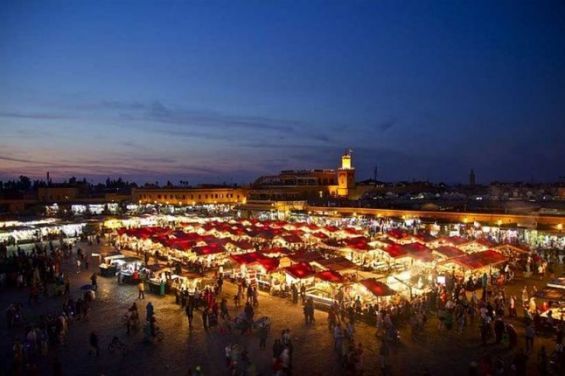In a report on recent economic developments and economic policies, the World Bank expects Moroccan economy to experience a severe recession, the first one since 1995. Entitled the «Morocco Economic Monitor», the semi-annual survey stresses that said recession is due to the Covid-19 shock.
«Over the past two decades, Morocco has achieved significant social and economic progress due to the large public investments, structural reforms, along with measures to ensure macroeconomic stability», the World Bank recalled.
Despite these dramatic improvements, the country’s economy is expected to «be doubly impacted by domestic and external economic shocks».
Indeed, the World Bank’s forecasts indicated that Morocco real GDP is projected to contract by 4 percent in 2020 in the baseline scenario. «A sharp contrast to the 3.6 percent expansion projected before the outbreak», the financial institution explained.
The labor sector and the lockdown
While other sectors have managed to circumvent the crisis, others have seen dramatic changes. The contraction, according to the World Bank, is «primarily driven by a drop in the production goods and services, a reduction in exports, disruption of global value chains, as well as a decline in tourism due to travel restrictions and border lockdowns».
«Further extensions of the lockdown would have a further negative short-term impact on real GDP growth», the same source added.
For example, in Morocco, the health crisis and the measures that followed to avoid the spread of the virus have weighed hard on the labor market. Vulnerable workers and those from the informal sectors are the ones particularly affected by the shock.
«Enterprises have faced disruption of value chains, workers’ mobility, temporary closures as well as slowing global demand. The combined negative effects have led to widespread job and income losses».
An opportunity to build a more sustainable and resilient economy
The health crisis is also expected to have an impact on Morocco’s twin deficits but in manageable way, the report reads. Morocco’s current account deficit is to widen to 8.4 percent in 2020 due to the decline in export and tourism revenues and remittances.
«On the fiscal front, revenue will be lower than previously expected in 2020 and 2021 while expenditures are projected to increase in 2020 on the back of additional spending on health, social protection, and other COVID-19 policy responses», authors added.
All in all, the World Bank expects Morocco’s fiscal deficit to widen to 7.5 percent of GDP in 2020, around 4 percent larger than expected before the Covid-19 crisis. Meanwhile, the country’s public and external debt is to rise in a sustainable way.
Welcoming the governmnet’s response to the crisis, the World Bank puts emphasis on moving from mitigation to adaptation. The latter is «key to ensuring a resilient, inclusive, and growing Moroccan economy».
The World Bank also stressed that despite the crisis Morocco still has the opportunity to «build a more sustainable and resilient economy by developing a strategy to adapt, similar to its approach to the environment front».




 chargement...
chargement...












